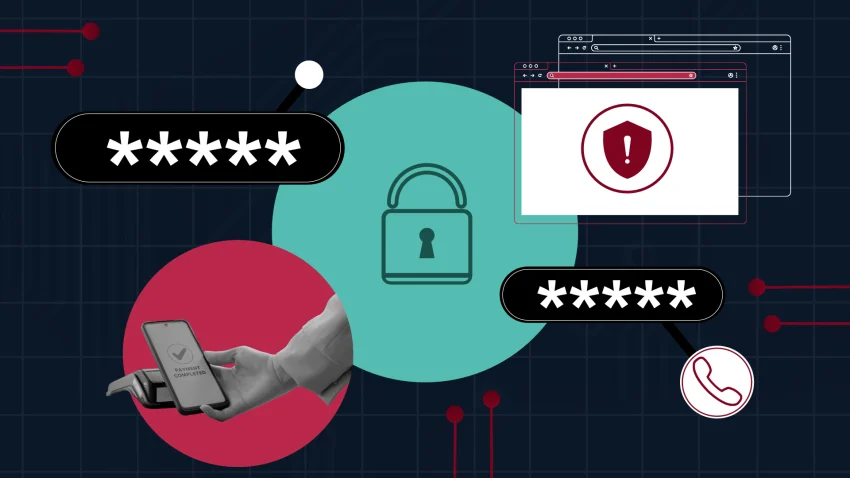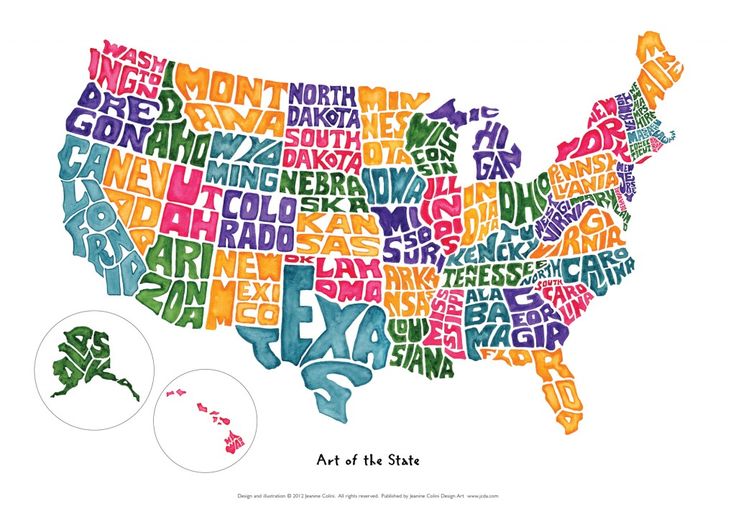Staying secure online is increasingly important in today’s digital world. Here are key steps you can take to enhance your online security:
1. Use Strong, Unique Passwords
- Create long, complex passwords that combine upper- and lowercase letters, numbers, and symbols.
- Avoid using the same password across multiple accounts.
- Use a password manager to generate and store strong passwords securely.
2. Enable Two-Factor Authentication (2FA)
- Add an extra layer of security to your accounts by enabling 2FA. This requires a second verification step, like a code sent to your phone or an authentication app.
- Prioritize using it on email, social media, and financial accounts.
3. Keep Software and Devices Updated
- Regularly update your operating system, apps, and security software to protect against the latest vulnerabilities.
- Enable automatic updates when possible.
4. Be Wary of Phishing Scams
- Avoid clicking on links or downloading attachments from unknown or suspicious emails or messages.
- Verify the sender’s email address and be cautious of any requests for sensitive information.
- Check URLs carefully to ensure they’re legitimate before entering personal details.
5. Use a VPN (Virtual Private Network)
- A VPN encrypts your internet connection, making it harder for attackers to intercept your data.
- Use a VPN especially on public Wi-Fi networks, which are less secure.
6. Secure Your Devices with Lock Screens
- Set up a strong passcode, fingerprint, or facial recognition to lock your devices.
- Ensure your devices automatically lock after a short period of inactivity.
7. Backup Important Data
- Regularly back up important files to external drives or cloud storage.
- This helps protect against data loss from hardware failure, ransomware, or accidental deletion.
8. Limit Personal Information on Social Media
- Be cautious about what personal details you share online, such as your location, birthdate, or family details.
- Adjust privacy settings to restrict who can view your posts and personal information.
9. Use Secure Connections
- Always check for HTTPS in the URL before entering any sensitive information online.
- Avoid using unsecured public Wi-Fi for activities like banking or online shopping.
10. Monitor Your Accounts Regularly
- Frequently review your bank and online accounts for any unauthorized activity.
- Set up alerts for unusual activity to respond quickly to any potential breaches.
11. Be Cautious with App Permissions
- Review and limit the permissions you grant to apps, especially access to your location, camera, contacts, and microphone.
- Download apps only from trusted sources, such as the official app stores.
12. Install and Use Security Software
- Install reputable antivirus and anti-malware software on your devices.
- Enable firewalls and use browser extensions that block malicious websites or pop-ups.
By following these steps, you can significantly reduce your risk of falling victim to cyber threats while ensuring your online activities remain private and secure.
















Leave a Reply